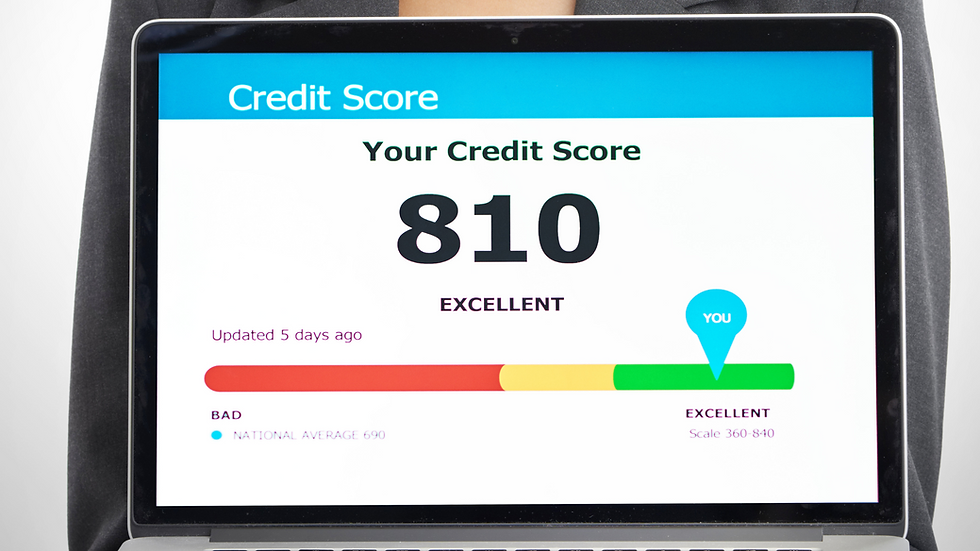
If you’ve ever checked your credit score and wondered why it sometimes fluctuates, or why it hasn’t budged in a while, you’re not alone. One of the most common questions people have about their credit score is: How often does it update? The answer isn’t as straightforward as you might think. Your credit score is a dynamic number that reflects your credit history, and the process of updating it is influenced by several factors. Understanding how and when it changes can help you stay on top of your finances and avoid any surprises when you need credit.
In general, your credit score updates once a month, but the timing can vary based on several factors. Let’s start with the basics. Your credit score is calculated based on the information in your credit report, which is maintained by the three major credit bureaus: Equifax, Experian, and TransUnion. These bureaus receive updates from your creditors, such as banks, credit card companies, and other lenders, whenever they report new activity. But here's the catch: creditors don’t all report to the bureaus at the same time. Some update monthly, others quarterly, and some might report every 30 days, but not on the same date. This means that your score may update on different dates depending on when these reports come in.
So, if you’re wondering why your score went up after a major payment, or why it dropped after a small credit card balance increase, it’s because those updates are reflected in your credit report at different times throughout the month. This timing isn’t always aligned with the calendar month, which can sometimes leave you scratching your head when you check your score.
Another thing to consider is that your credit score is not just updated by the bureaus; it’s also recalculated each time a lender or financial institution checks it. This is important because lenders may use a different scoring model than the one you see through free credit score services like Credit Karma or your bank’s app. If you're applying for a loan or a new credit card, your score might be slightly different from what you’ve seen online, depending on when the data was last updated and which model is being used.
But here's a helpful takeaway: While the credit bureaus update your report and score on a rolling basis throughout the month, it’s still a good idea to check your credit score regularly—at least once a month—if you're monitoring your financial health. A service like MyScoreIQ can help keeping tabs on all 3 credit scores, you can spot potential issues early, such as incorrect information or fraudulent activity.
It's also important to know that your credit score doesn't update based on your everyday spending. For example, just because you buy a cup of coffee with your credit card doesn’t mean your score will change right away. What affects your score is how much of your credit limit you’re using (your credit utilization ratio), whether you're making timely payments, and whether you’re applying for new credit.
To sum it up, your credit score updates at least once a month, but the precise timing depends on when your creditors report your account activity. If you’re serious about tracking and improving your score, regular monitoring is key. Keep in mind that good financial habits—like paying your bills on time, reducing your debt, and keeping your credit utilization low—are the best ways to ensure your score is moving in the right direction, even if it doesn’t change every week.
So, the next time you check your score, don’t be alarmed if it hasn’t changed as much as you expected. Your score is constantly evolving based on your credit history, and while it doesn’t update overnight, staying proactive will help you see steady improvements over time.

Comments